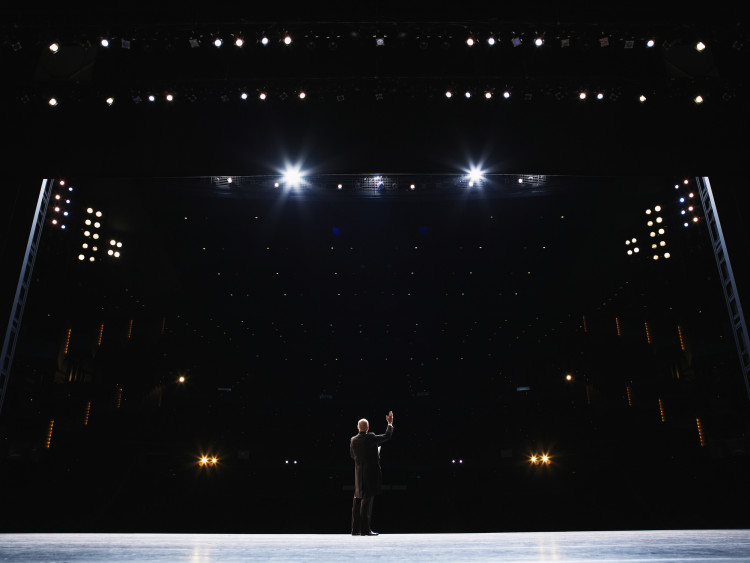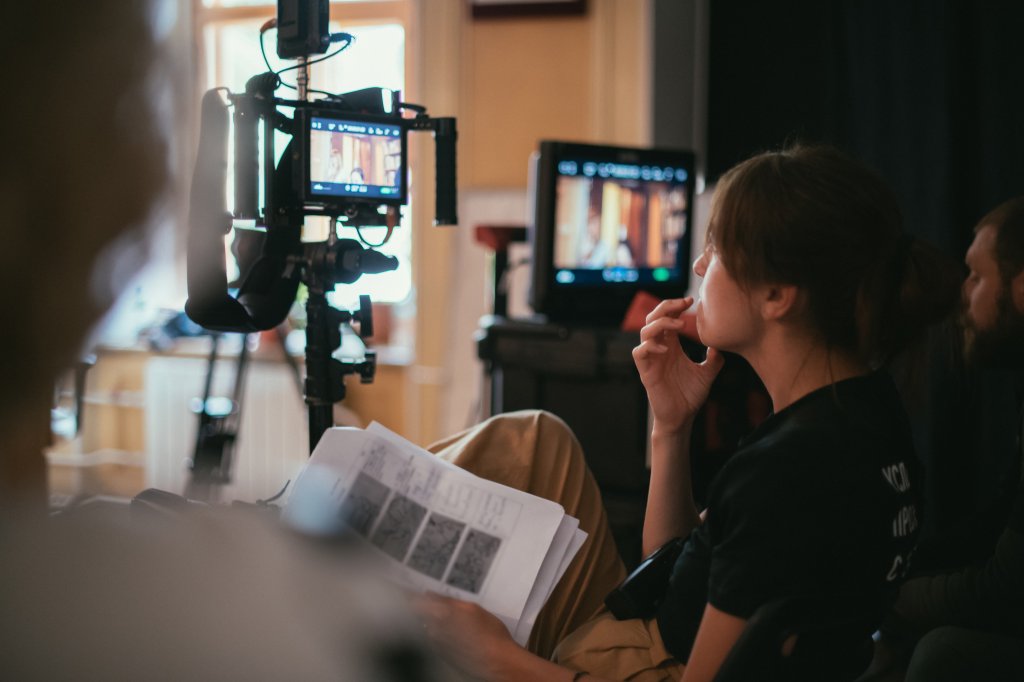The Creative Industries has been identified by the Conservatives and Labour both as a crucial part of their drive to grow the economy and one of few areas they can differentiate themselves from the other. With the long-awaited Creative Sector Vision set to be published imminently, the latest battleground ahead of the next General Election is who grips Britain’s greatest soft power asset most effectively.
The sector has been underappreciated for too long. Yet Governments who don’t focus on it do so at their peril – see the public outcry at the attempted sale of Channel 4, and ongoing tension between facilitating innovation in the streaming sector and ensuring fair remuneration for music artists. See also the hugely impressive growth story, in spite of economic headwinds – contributing £109bn to the UK economy in 2021, £120bn in 2022 and on track to provide even more in 2023.
It’s perhaps no coincidence that it’s now – with former DCMS Secretaries Jeremy Hunt and Oliver Dowden as Chancellor and Deputy Prime Minister respectively, and former Chief Secretary to the Treasury Lucy Frazer as the incumbent DCMS lead – that the Government is ever increasingly leaning into the Sector more fully, declaring it an economic growth priority.
However, the Government’s rhetoric needs to be backed up by action. The good news for those in 100 Parliament Street and No.11 is that there’s a lot they can do, including providing greater certainty on skills training, tax incentives and foreign movement for artists. Bold measures will help convince industry of the Government and the Conservative Party’s interest in the sector, and enable them to make strides in showing this as a priority going into election year.
Across the benches, whilst Labour has focused their business engagement and high-profile policy measures to date on the economy, health, and crime, they too are belatedly beginning to appreciate the value of the industry.
Further, Government delays over the past few years provide an opportunity for the Party to differentiate itself, and show how Labour can be the Party of an ever successful film, television and music industry, alongside the rapidly growing video games sector.
Efforts are being made. The recent Labour Party Northern Creative Industries Reception in Manchester set out the Party’s vision for the sector: an ally who wants to support the sector in being a leading light of the economy across the globe, but also across the regions of the UK. Barriers should be broken down, with the talent pipeline unlocked. The Party is clear however that – despite these ambitions – it needs businesses’ help to do it, and to help them form detailed and impactful policy proposals.
The Creative Sector Vision will be the starting gun of a year-long battle to convince industry, and the public, that this is a priority for both Parties. How much it will impact the result of the General Election is yet to be seen, but if either Party does not pay enough attention to one of the crown jewels of the UK’s suite of soft power assets, they risk the public calling cut on election day.








